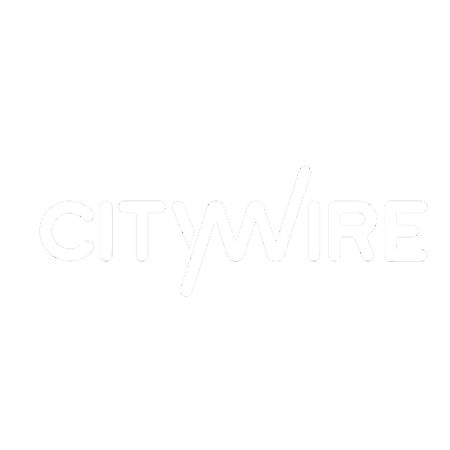MYRTHE’S BIO
Over the last decade Myrthe’s work has broadly focused on bottom up and sustainable urban development and social entrepreneurship. Her work is driven by a strong desire to re-imagine and amplify the transitions towards socially just and sustainable societies and is biased towards smart all round approaches that touch upon the intersection of social innovation and sustainability. She has extensive experience in facilitating and designing engaging learning experiences and participatory innovation processes, is a collaborator and coach for social enterprises and is the co-founder of Urban Connectors. She has worked with numerous citizen driven initiatives, award winning startups, educational institutions and municipalities in the Netherlands alongside self initiating projects around food waste, job creation and the inclusive sharing economy.
Myrthe is currently based in Amsterdam, The Netherlands but has spent a large part of her life in India, where she studied and worked in the field of (sustainable) textile design. She returned to the Netherlands to pursue an MA in Design Cultures, where she dove deep into how to better use Design as a catalyst for positive change. In the years that followed she built an extensive applied knowledge- and toolset around the disruptive design method, systems thinking, symbiosis in development, donut and circular economies, transition thinking, the art of hosting, participatory action research and more. She combines all of the above to bust silos, shift perspectives, mobilize changemakers, and steer clear from band-aid solutions.
What motivated you to become certified by the UnSchool?
I attended an unschool fellowship in San Francisco in 2016. At that time I wanted to take my changemaking skills to the next level and was looking for ways to look beyond the reductive, linear approaches that I saw weren’t working. The fellowship brought me lots of that and more. The DDM gave hands and feet to something I had been brooding on for a long time - how design designs us, and what it takes to design with intent from start to finish.
After San Francisco I got onto the Unschool train and never really got off. I co-hosted programmes in Mumbai and Aarhus and spent a couple of months at the co-project. All this time I had continued to work in the space of social innovation and I was facilitating many workshops and designing learning experiences for various parties. The step to educator certification was a very natural one. To me the DDM is more well rounded than many of the methods that I have come across. It is not just another toolkit or stepwise approach but really encourages you to further define your individual changemaking skills and take ownership of them. You’re challenged in your mental models and belief systems and are given tools to be able to look beyond what you see at first sight. I believe this is key in being able to make change.
Through the Unschool experiences that I have attended, co-hosted and facilitated I have met so many inspiring changemakers; from astronauts to peacebuilders, journalists, chefs, and material scientists. These interactions broaden my perspectives, bust (some) biases and keep me on my toes. Everyone brings their own contexts, culture, histories and meanings to the room; all different, all equally valuable. To me, this is where most of the magic happens, it leaves me optimistic about the future and I want to pass on this gift to many many more. So we can all actively contribute to a better tomorrow and level up our skills along the way.
What is your professional background?
I’m a co-founder Urban Connectors, a collective of critical doers, creative thinkers, action researchers and entrepreneurial strategists with a deeply rooted drive to build a future that works better for everyone. Most of our projects are grounded in a process-oriented and participatory philosophy that navigates between collective problem structuring, vision development, coalition building, experimentation and social learning. The projects we work on lie at the intersection of social innovation and sustainability. For example guiding a group of residents and the municipality through a year long creative research and action process to collectively define the desired futures (green, social and climate related) for a specific neighbourhood, and the interventions needed to get there. But also facilitating service design processes for highschool teachers in which they co-create innovative and engaging educational packages with their students and external partners. We’re currently researching the future of shopping through the lens of the donut economy, for a shopping area in Amsterdam - where we aim to create space for experiments around food and are working on a project that looks into the energy transition and the role that Amsterdammers play in making this happen.
Over the years I have facilitated and designed numerous learning experiences for programmes focused on changemakers (Greenlightdistrict, Starters4Communities and FutureProof). My focus lies on better understanding the underlying problem sets, clarifying the desired long term impact and mapping out pathways to get there - not just on paper but also designing creative interventions and bringing them to life. I have worked with and coached many citizen driven initiatives and award winning startups from all over the Netherlands and have collaborated with educational institutions and municipalities in the realm of social innovation and (bottom-up) urban development.
What type of change do you want to make and why?
I’m driven by a strong desire to effect, enable and create socially just and sustainable societies that add more value than they take. I have specific interest in regenerative food systems (although definitely not limited to), in reconfiguring our relationship with food, how we produce it and rethinking how and what we eat. Why food? Because I believe it is one of the most powerful and tangible mediums available to us for thinking and acting together to change the world for the better. Food is magic, food is life, it definitely isn’t the only thing in life, but it remains at its core. There are huge externalities to the way we currently eat and I see plenty of opportunity for re-design, re-valueing and re-structuring our relationship with food.
How do you plan on applying what you have learned through the UnSchool certification?
I already do, on a daily basis in my work and personal life. It has enriched my capabilities as a designer, facilitator and educator and made me much more aware of the agency that I have as an individual and professional. The way of thinking that lies behind the DDM is embedded in most of the work that I do, be it at a hyper local - or on larger scale projects. I hope to be able to work together with many more pioneering individuals and organisations to collectively activate and inspire positive change. This could be through designing and facilitating high level learning experiences and processes(at Unschool and beyond), or collaboratively bringing to life changemaking ideas.
As much as I love to work on complex and sticky issues and dive headfirst into them( a dream project would be to work on designing a regenerative food strategy for Amsterdam), I also want to make the abstract tangible and get my hands dirty. It is the combination that makes me happy, and the unschool approach allows for both - zooming out and taking a big picture approach, but also choosing to do the small. Because like one of my fellow alumni said, ‘small is all’ and we are all trim tabs on this beautiful spaceship earth.
WHAT SDGs do you want to help address?
11- Sustainable cities and communities
12 -Responsible consumption and production
10 -Reduced inequalities
13- Climate Action
17- partnerships for the goals
GET IN TOUCH
Company if you want included : Urban Connectors
Current Location: Amsterdam, The Netherlands
Linkedin: linkedin.com/in/myrthe-lanting
Website: urbanconnectors.com
